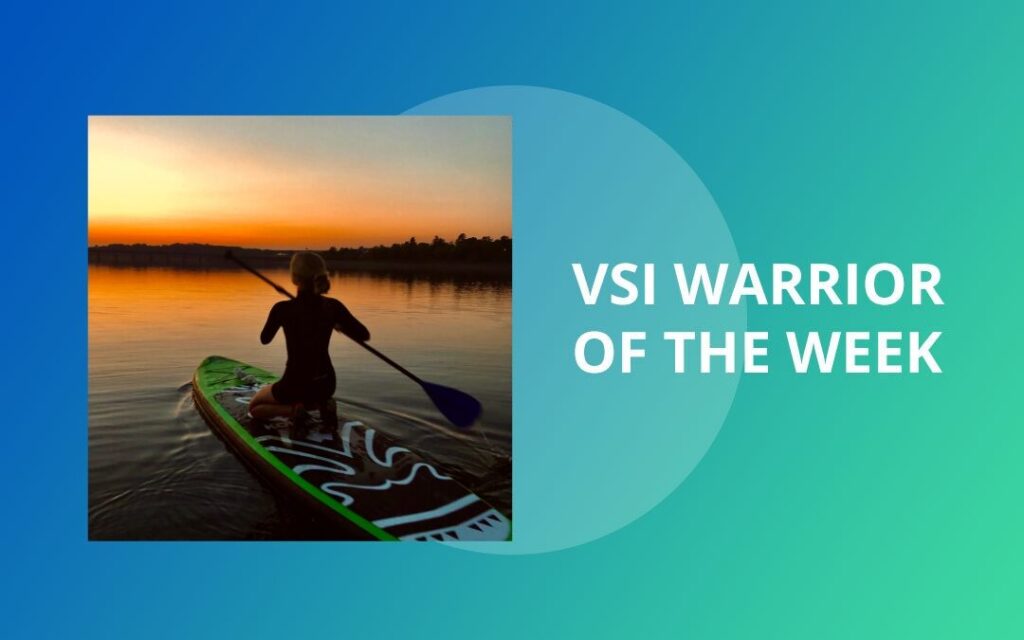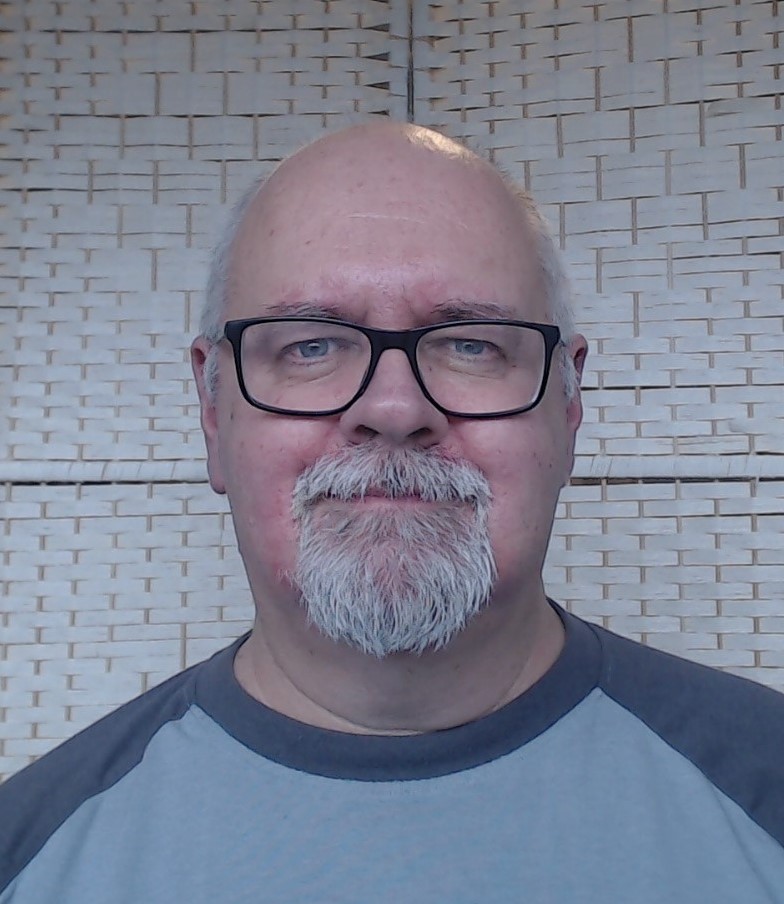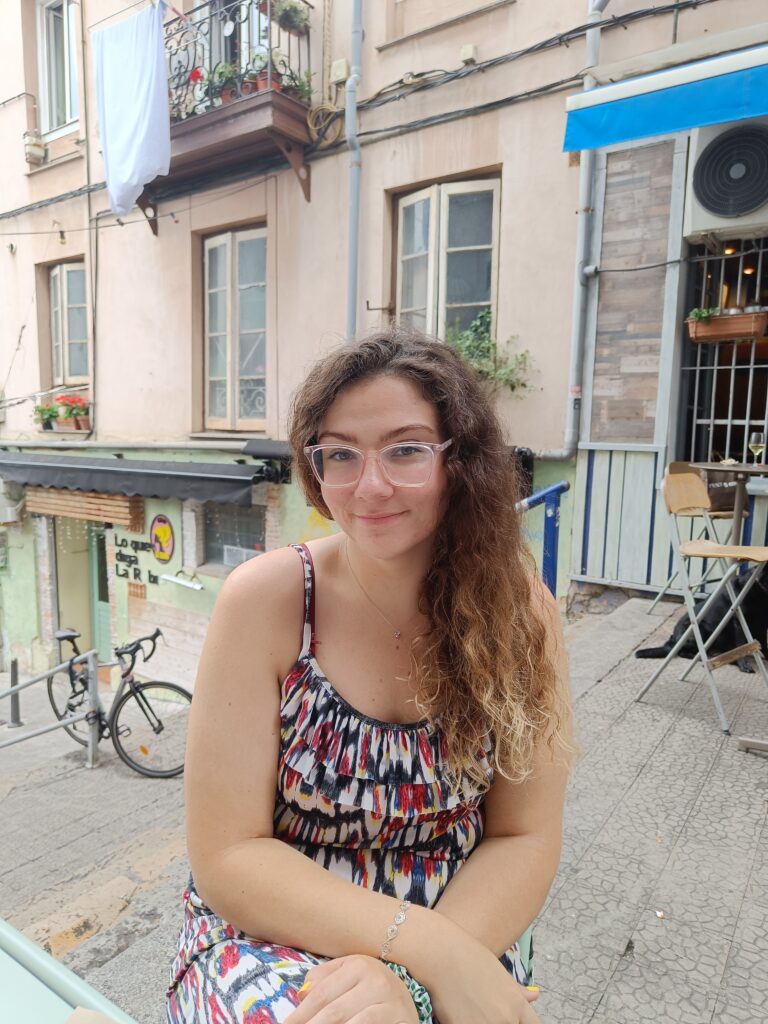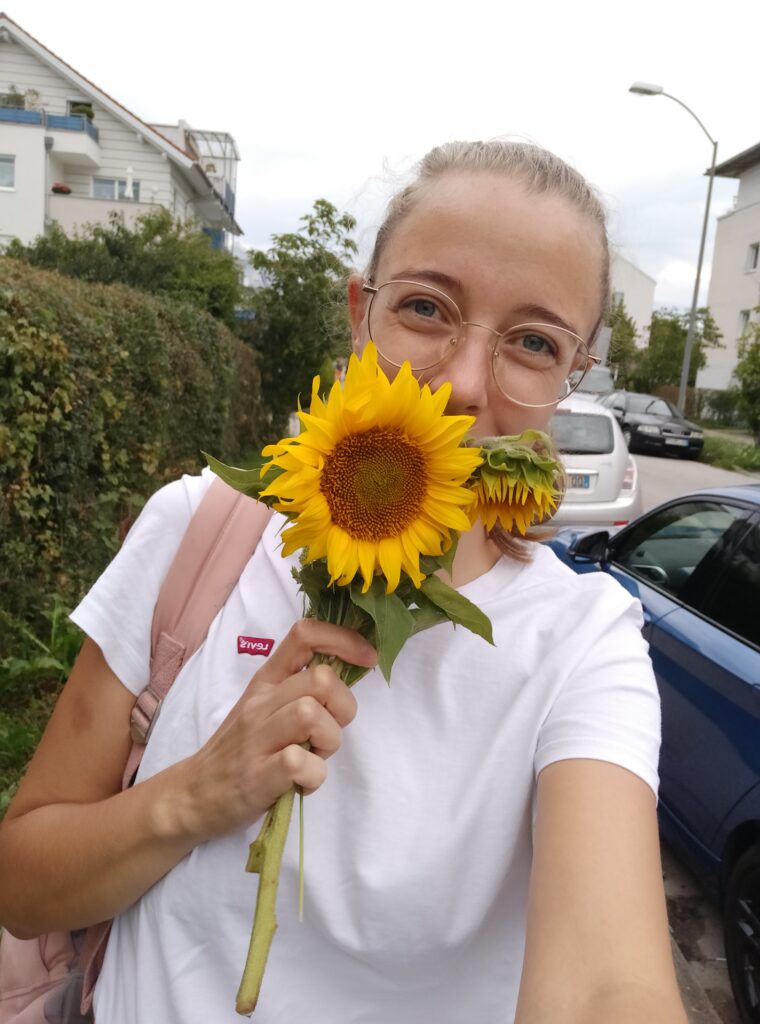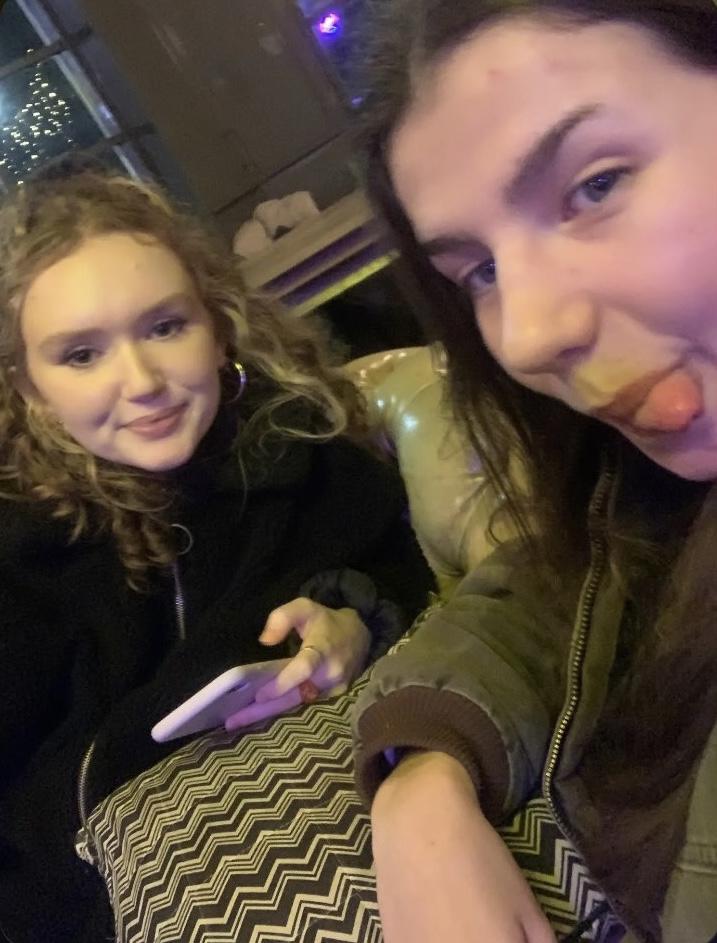Meet our #WarrioroftheWeek, Leana!
Spotlight on: Leana Diekmann ????
One year ago, the world I knew, I saw it, changed.
It was on an early March morning in 2022, that I put on my trainers to meet a friend for a run. Being out in the park, feeling the first warm rays of sunshine on my face, I could tell something was different. I was extremely sensitive to light, the sky was flickering, almost looking like an interfering screen of a retro TV. I did not think of it much; I was young, I was healthy, maybe a little stressed, given that I rushed my studies in record time, scored a great job in consulting and also just moved to a new city, but that was it. So, I said to myself: “It is just stress, nothing more, nothing less. Do your exercise, drink a nice coffee, meet friends, be young and live a little, and it will all be fine”.
Very little did I know …
The next day, I realized my symptoms getting worse; I started to develop a tinnitus, the flickering (it looked like fine rain was pouring constantly) and light sensitivity increased, after-images and eye floaters started to appear, my night vision deteriorated, and I felt this rush of mental irritation. I thought I was going blind. After seeking medical consultation from an ophthalmologist the same day, who told me, I have nothing on my eyes, at least mechanically, and should be less hypochondriac, I bounced from doctor to doctor the next 2, 3 and then 4 weeks. I felt like I was going mad, losing my vision, and no one was about to help me. Whilst still doing my new consulting job, where I wanted no one to notice what I was going through, this kicked off an Odyssey of doctors’ consultations.
As I was not able to deal with this on my own, I had to move back in with my parents for a brief time, leaving my newly gained life behind. However, even for my parents, it was hard to support. So after another severe migraine attack, which numbed one site of my body and heavily impacted my vision, I was put stationary. Doctors’ were unable to wrap their heads around my condition. Said, that I had no pathological indications, and was most likely going through a depressive episode, possibly exaggerating my symptoms and should just lower on stress. By the way, is this not the worst advice ever, like how do you do that, lower on stress!? 😀 The doctors’ degree of helplessness just encouraged them enough to give my a high dose of cortisone to "cure" my migraine, and get my discharged. So here I was, worse than before, with no medical support, help or advice, stuck in a vicious cycle of visual flickering.
Trying not to lose hope, I told myself that I am resilient, that I have to be. As I know what I am experiencing and, most importantly, that I need to be determined to find a solution. Having a background in health economics, and knowing my way around reading scientific papers, surely helped to draw certain parallels between my symptoms and a condition called visual snow. After switching my insurance, becoming privately insured, which, let me tell you, gives you access to a way better medical care scheme. Just as a side note: I know this is not equitable and ethically correct, but if you cannot change the system, you have to play by its rules, right?
After 6 months, I found the relevant visual snow expert, Dr. Straube in Munich, who was willing to see me immediately (exhibit 1 of being privately insured, haha). He confirmed my suspicion; visual snow syndrome (VSS). Whilst a moderate case, there was no suitable treatment or even cure for me. Besides epileptic drugs, which do not even seem to work in most cases, there was nothing to be done. At least in Germany. At least for now.
Being happy about at least having a diagnosis, but also sad about not finding a pharmacological solution to my problem, I had to continue being resilient. I had to find my own solution; to move on and find a way to live with this on my own terms.
So I picked up new hobbies; I started to
– Draw and paint (these flickering tiny dots really simulate you to do artsy stuff – seeing things others don’t can also be a benefit),
– Go to acting class, learning how to better express myself and channelling my feelings and thoughts into fictional settings, creating somewhat of a boundary to these very real symptoms,
– Get back into yoga, and participate in yin yoga classes; to meditate, declutter my brain and sometimes, just to forget
Although, I have not found the “perfect” solution for my VSS, no direct cure or treatment, I have learned to cope and live my life with it (some days, of course, it is not all rainbow-y, but other days it is actually not too bad and even very bright – as much as you can endure in terms of lights of course, haha), as I learned one very valuable lesson: To be **my greatest advocate.**
Just because a doctor, a group of doctors, or even so-called “experts” do not seem to believe you or cannot / will not help you, it does not mean that you are wrong in seeking support and continuing to do so.
Trust in yourself and do not stop searching for answers and asking questions until you feel you are heading in the right direction.
It is your life, your experience, your progress – it is your time! There is so much to learn in this world, and just because we do not know what to do today, does not mean we might not know tomorrow, right?

